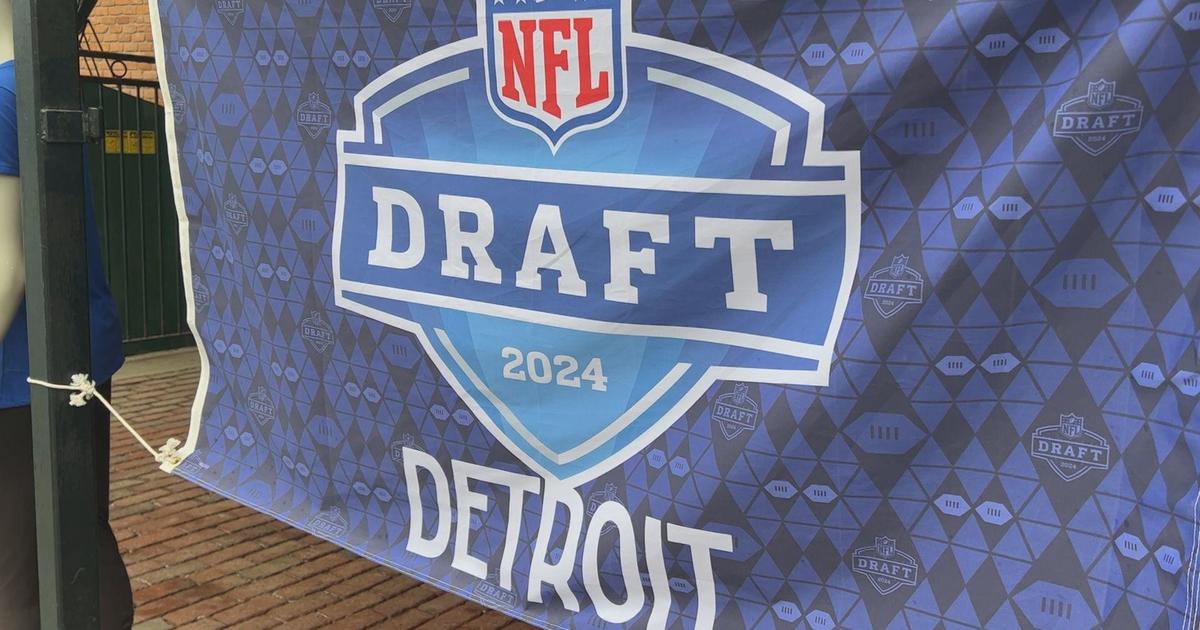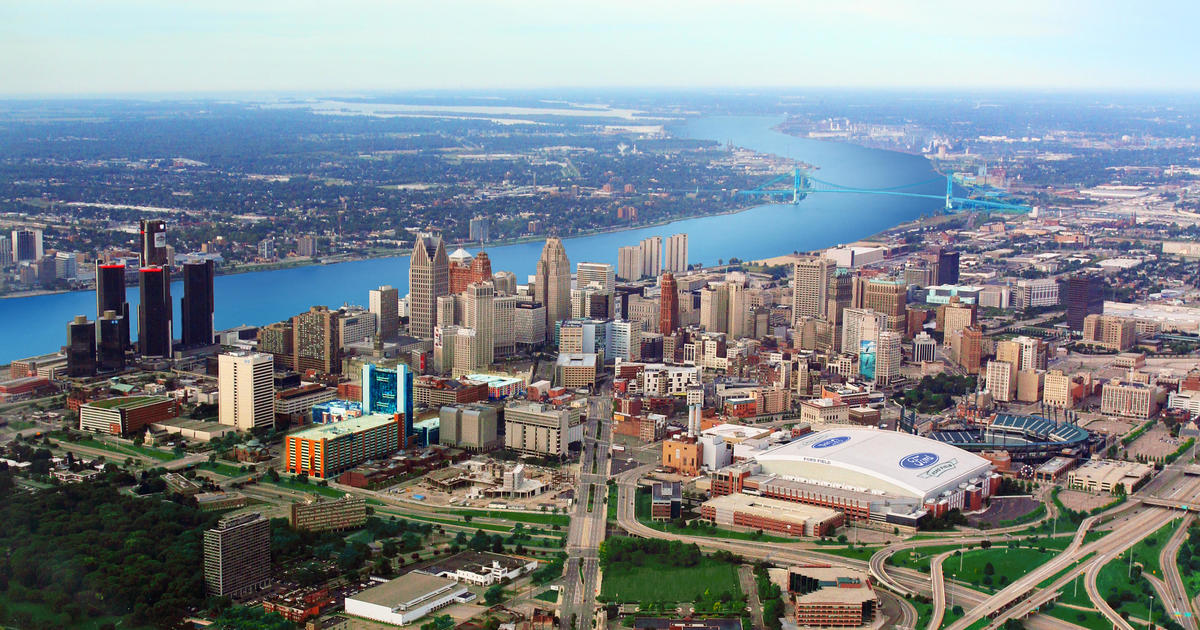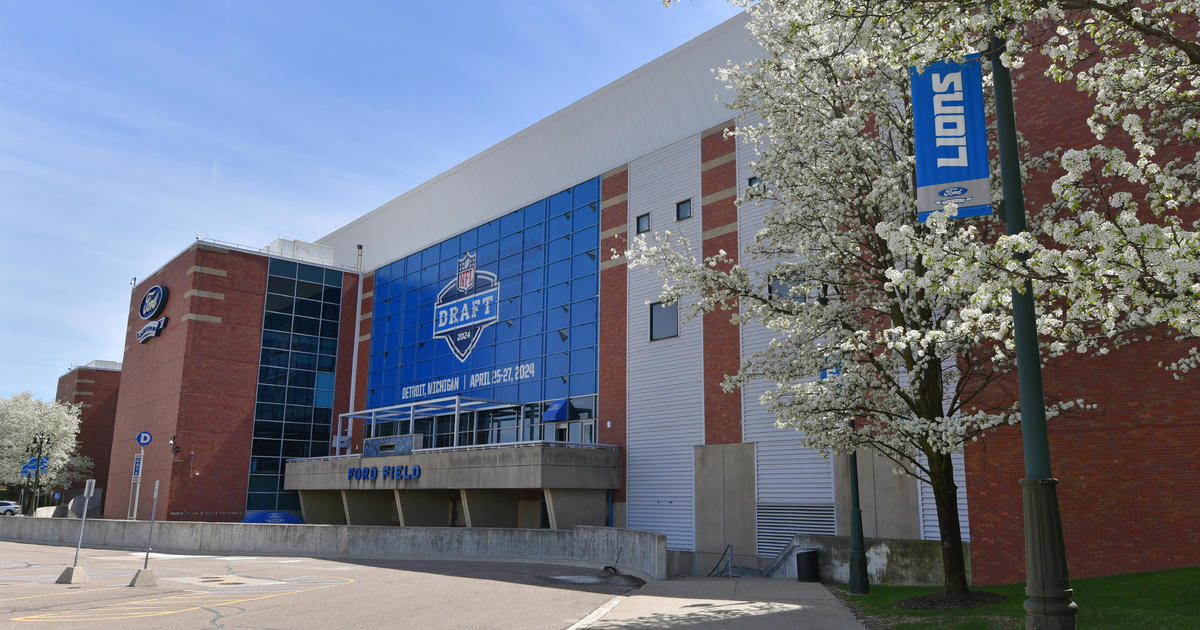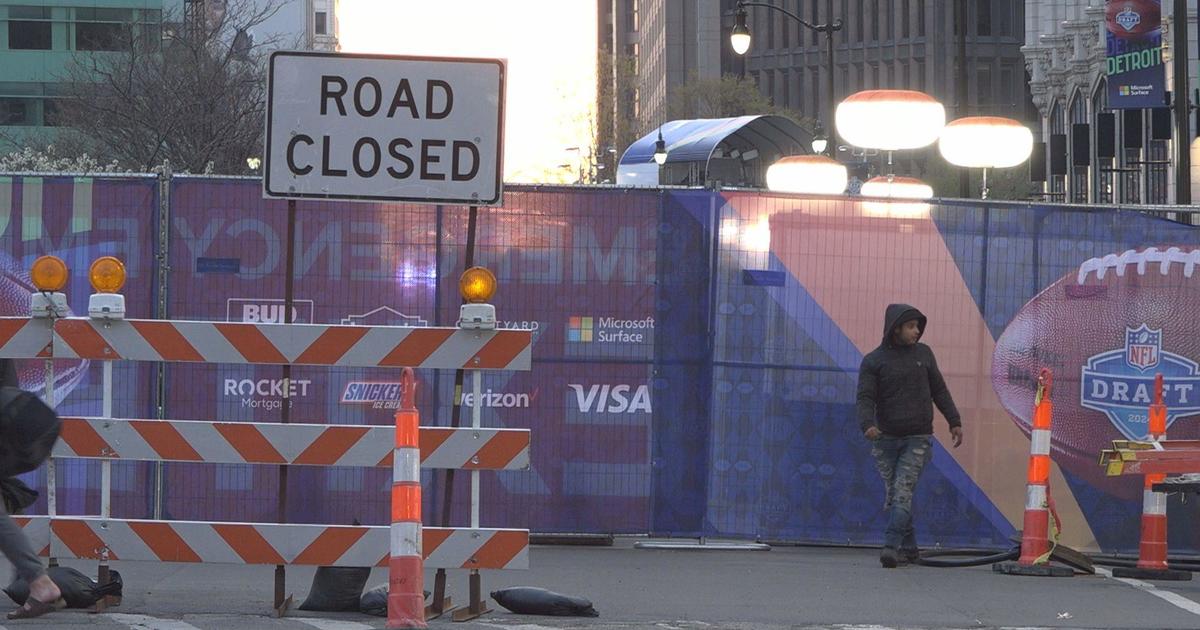Film Features Detroit Projects That Housed Motown Greats
DETROIT (Talk Radio 1270) The country's first federally funded housing development for African Americans -- Brewster Homes near I-75 and I-375 in Detroit -- will be torn down, according to Mayor Dave Bing.
But before that happens, it's going to have another moment in the spotlight. The film "Brewster Douglass, You're My Brother," which highlights the history of the development that Eleanor Roosevelt ceremonially broke ground for in 1935, debuts at 7 p.m. Thursday at the Charles H. Wright Museum of African American history.
Doors open at 6:30 p.m. and a panel discussion happens afterward with former residents, activists and city planners.
"Many people are desiring to be invested in the city of Detroit and its revitalization and redevelopment," director Oren Goldenberg said on the Charlie Langton Talk Radio 1270 morning show. "This film really takes a lot at history that might be forgotten, and also residents and people in the city who are being overlooked ... We feel it's very important that we have a full picture."
The 27-minute documentary takes a look inside the historic buildings, introducing the viewer to lifelong residents, those who fought to keep the projects open, and today's squatters.
Comedian Lily Tomlin, Motown musicians Diana Ross, Smokey Robinson and Mary Wilson all lived in what eventually became known as the Frederick Douglass Housing Projects at one point in their lives.
"I don't know why particularly the Motown stars, but many, many people in Detroit are connected to these projects...Joe Louis boxed at the recreational center there," Goldenberg said.
He said many moved there when the area known as Black Bottom in Detroit was razed in an attempt at urban renewal.
"It was predominantly black, but there was also some Wayne State housing that was attached to it," Goldenberg said. "The film doesn't concentrate that much on the history and is definitely more engaged with what is currently there still.
"The idea that there is all this history, layers and layers of it, that when you look at those towers we don't necessarily grasp. There's a projection of ruin and decay and vacancy when in fact there's actually, when we were shooting, there were still 42 people living there."
"Were they there legally?" Langton said.
"No, they were squatting," Goldenberg said.
Half the area has been demolished, and Bing said in his 2012 state of the city address the other half will be torn down and replaced with affordable housing and commercial space. But squatters still call it home.
"To a lot of people there's still a lot of pride about that housing and the lives that they led there, they grew up there," Goldenberg said. "There are some people we interviewed who've been there 53 years."
Some argued instead of being town down, Brewster should have been preserved for the homeless.
Does Goldenberg think they should be torn down?
"I don't know, it's not really where I spend my time thinking because there's definitely a lot of reason to keep them up," the director said. "The way those buildings were built ... It doesn't compare to the way we build now ... They're still structurally sound.
"We have this tendency in Detroit that once something's vacant, (people say) 'anything's better than whats there now,' Goldenberg said. "But understanding that history ... It forces us to change our perspective ... Should we tear those down and put up a Walmart? Probably not."
This film is the third release in three years by Goldenberg. Earlier films include "The Bicyclist 2011," and "Our School 2010."



